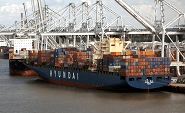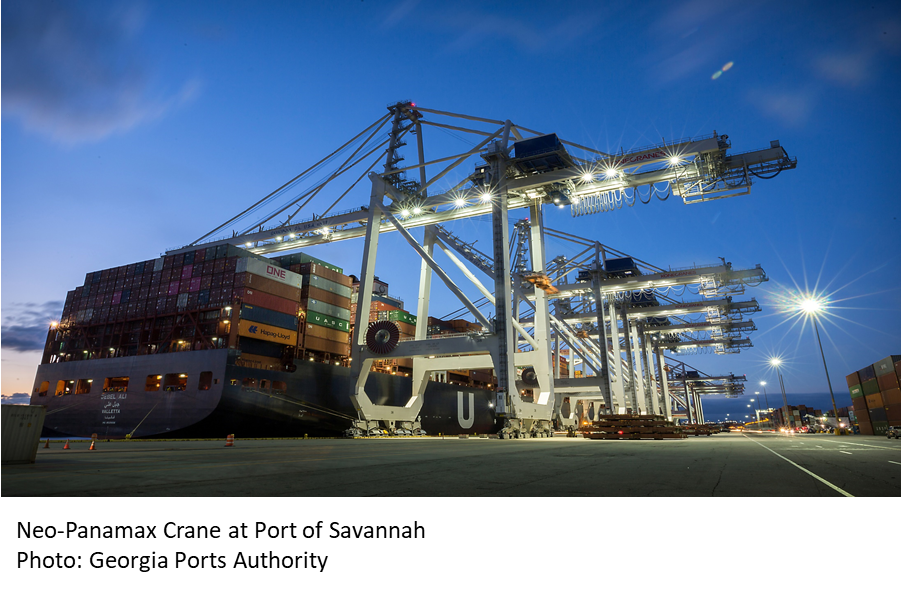Government/Policy

August 18, 2019
Shipping Industry Wins Chinese Tariff Exemptions
Written by Sandy Williams
The trucking industry won a major victory in securing a promise from the U.S. Trade Representative’s office that it will not impose tariffs on imports of Chinese-made 53-foot domestic intermodal containers.
 The 10 percent tariff scheduled for imports of the intermodal containers would have cost the logistics sector an additional $63 million in the first year and about $750 million more over the next decade. The average price of a container is about $12,000, according to logistics firm Schneider National.
The 10 percent tariff scheduled for imports of the intermodal containers would have cost the logistics sector an additional $63 million in the first year and about $750 million more over the next decade. The average price of a container is about $12,000, according to logistics firm Schneider National.
Bob Costello, American Trucking Association chief economist and senior VP for International Trade Policy, told the USTR in June that there are only two manufacturers of the containers and both are located in China.
“We explained that applying tariffs to these containers would have a tremendous impact on the entire freight logistics industry, and ultimately on U.S. consumers, so we are very pleased with the decision,” said Costello.
The tariff also would have applied to the resale of containers in the U.S., a lucrative business in the secondary market. When ocean and domestic containers have outlived their usefulness they are repaired and sold to various industries as storage units for nonperishable goods.
Port operators were relieved to hear that ship-to-shore cranes have also been removed from the Chinese tariffs scheduled for Sept. 1 and Dec. 15. A 10 percent tariff would cost U.S ports about $1.5 million per crane.
“We were pleased to see that ship-to-shore cranes, straddle carriers, and other port equipment were removed from the list,” said American Association of Port Authorities President Kurt Nagle. “Tariffs on these cranes, which cost upwards of $14 million each, would have harmed ports’ ability to make the infrastructure investments necessary to handle increasing volumes and the larger vessels now being used in ocean trade, hurting U.S. international competitiveness.”
There are only two primary manufacturers of ship-to-shore cranes: China’s Shanghai Zhenhua Heavy Industries Co., Ltd. (ZPMC) and Finland-based Konecranes, which manufactures many of its cranes in Shanghai.
Although the Trump administration has rolled back some of the tariffs it plans to levy on Chinese imports until after Christmas, others will still be implemented, causing frustration for many manufacturers as the holiday season approaches.
“By no means is this a win or a de-escalation,” said American Apparel & Footwear Association President and CEO Rick Helfenbein. “The administration is imposing an additional 10 percent tax on U.S. businesses and U.S. consumers. This is a tax that will hurt every American. Contrary to the headlines, the Grinch has stolen the Christmas selling season for our industry.”







